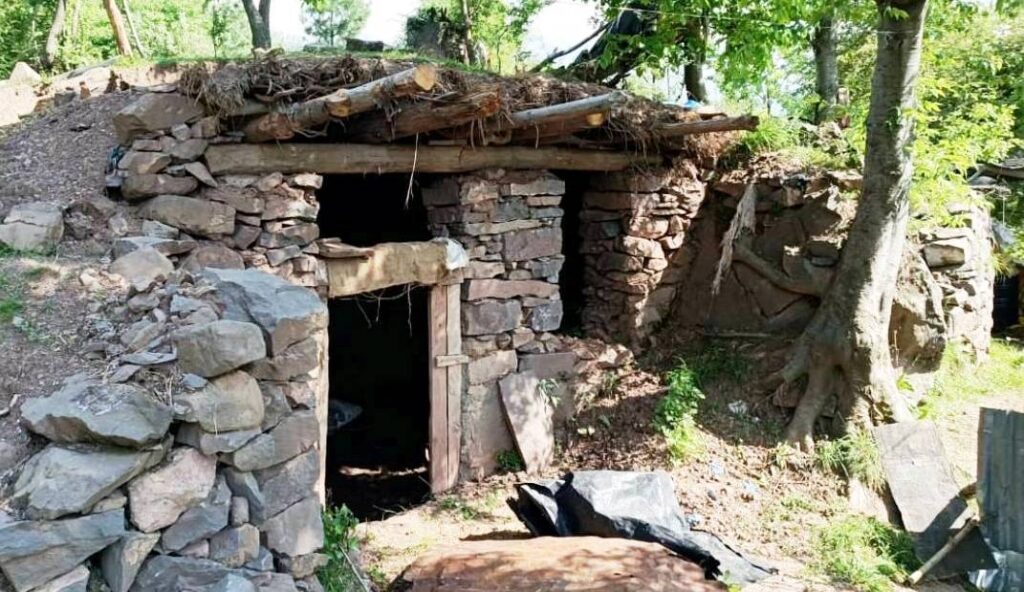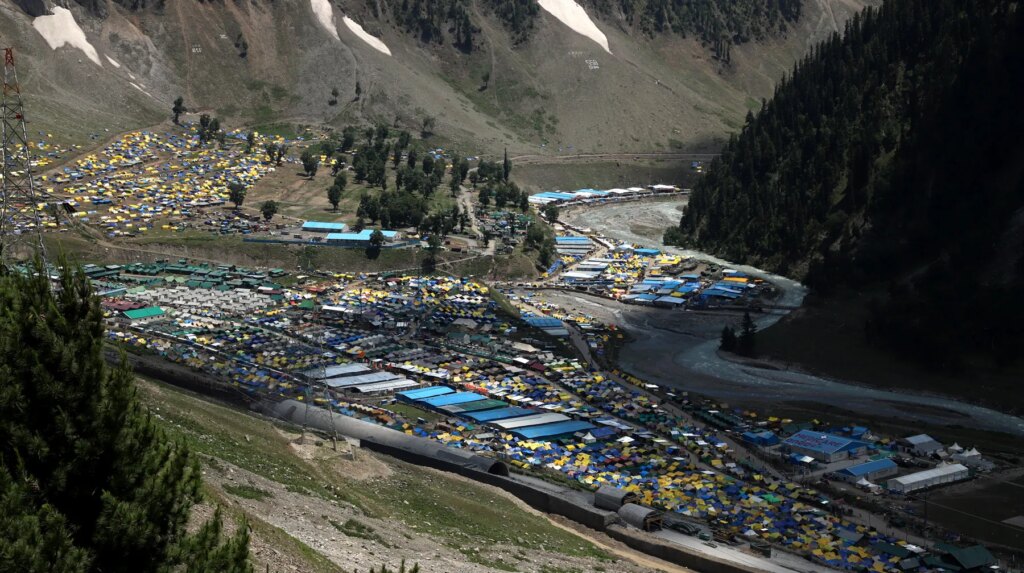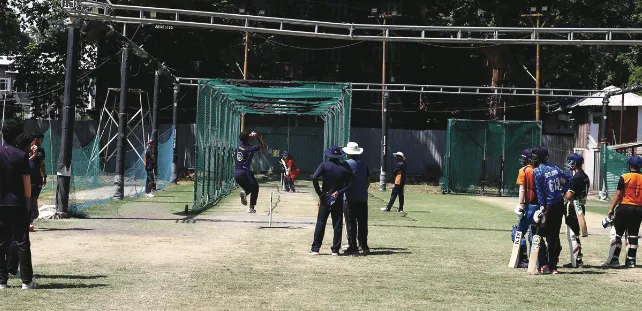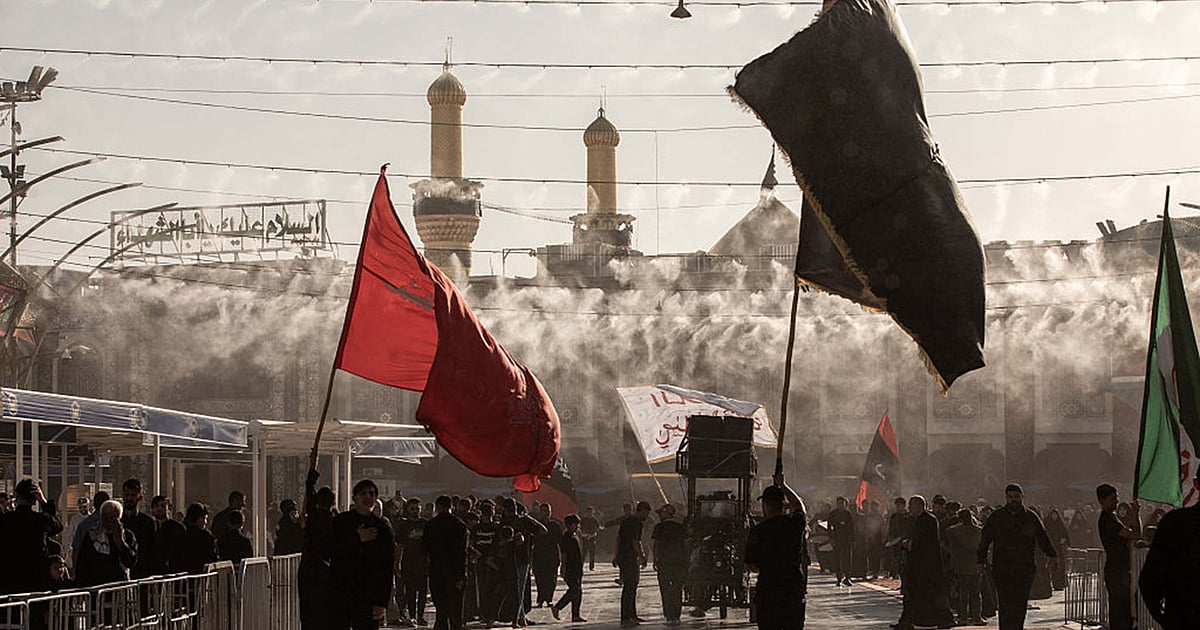Now Reading: Bad news for Dhaka: India shuts land route for Bangladesh jute in latest strike against ‘unfair trade practices’
-
01
Bad news for Dhaka: India shuts land route for Bangladesh jute in latest strike against ‘unfair trade practices’
Bad news for Dhaka: India shuts land route for Bangladesh jute in latest strike against ‘unfair trade practices’
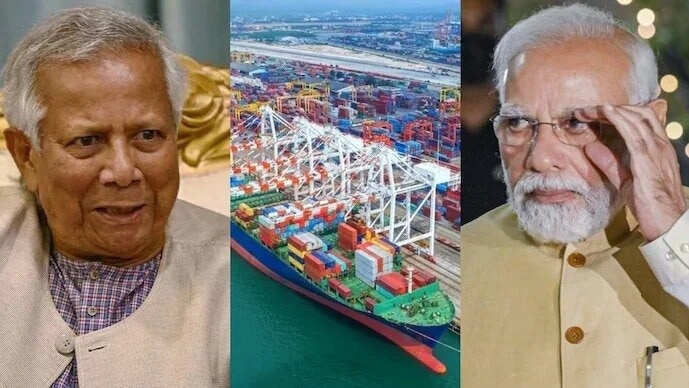
India has imposed immediate restrictions on the import of jute and allied fibre products from Bangladesh, limiting entry to only one port — Nhava Sheva in Maharashtra — in a move aimed at curbing unfair trade practices and protecting the domestic jute industry.
The Directorate General of Foreign Trade (DGFT), under the Commerce Ministry, issued the order late Friday. The decision covers all land and seaports across the country, effectively barring Bangladeshi jute product imports except through Nhava Sheva, news agency PTI reported.
Under the South Asian Free Trade Area (SAFTA), Bangladeshi jute has long enjoyed duty-free access to Indian markets. However, officials said the Indian jute sector has been adversely impacted by “dumped and subsidised imports of jute products, particularly yarn, fibre and bags” from Bangladesh.
“To safeguard the interests of the domestic jute industry and to counter the unfair trade practices employed by the Bangladesh exporters acting in collusion with Bangladeshi establishment, it has been decided to restrict Bangladesh imports of jute and jute products to India through only from Nhava Sheva port,” an official told PTI.
The restrictions come amid growing trade friction between the two countries. Despite the imposition of anti-dumping duties (ADD) by the Directorate General of Anti-Dumping and Allied Duties, officials said Bangladeshi exporters have continued to exploit loopholes. These include circumvention of anti-dumping duty through technical exemptions, mislabelling, exports through ADD exempted firms and misdeclaration to secure higher subsidies.
The new rules aim to “streamline quality checking, prevent misdeclaration and fraudulent labelling, thereby neutralising the malpractices that have plagued the industry for long,” one of the officials added.
This is India’s second major step in recent months targeting Bangladeshi trade. In April, New Delhi withdrew a key transshipment facility that allowed Bangladesh to send export cargo to third countries via Indian land customs stations and ports.
Ajay Srivastava, founder of the Global Trade Research Initiative (GTRI), described this restriction as “a calibrated and disproportionately lower-level response to Dhaka’s increasing trade curbs on Indian goods.”
“Without any provocation, Bangladesh has prohibited imports of many things from India. As a response, India took a calibrated approach. We did not prohibit any imports from them. We wanted to give them a teaser. We said they cannot come through land route. And if you want to ship, ship through sea route. Everything can come, nothing is stopped,” he told Business Today.
Srivastava said the measure could impact $770 million worth of Bangladeshi exports to India — roughly 42% of bilateral imports. “Last year, we imported $660 million worth of garments from them. Most of it are big brands you hear — H&M, Zara. They make in Bangladesh and then export all over the world. Many of them end up in our malls also,” he said.
In addition to jute, India recently barred the import of ready-made garments, plastics, furniture, and processed foods from Bangladesh through land transit points in the Northeast, limiting access to just Kolkata and Nhava Sheva ports. The government officials said the move was designed to ensure parity, as Bangladesh has been blocking Indian exports — particularly to the Northeast — while continuing to benefit from wide access to Indian markets.
(With inputs from PTI)
Stay Informed With the Latest & Most Important News
Previous Post
Next Post
-
 01Asia Warming Twice as Fast as Global Average, Warns UN Weather Report
01Asia Warming Twice as Fast as Global Average, Warns UN Weather Report -
02Delhi schools mandate face masks, restrict outdoor activities for students attending classes offline, ET HealthWorld
-
 03Apple Reportedly in Talks to Acquire Perplexity AI to Strengthen Its Artificial Intelligence Efforts
03Apple Reportedly in Talks to Acquire Perplexity AI to Strengthen Its Artificial Intelligence Efforts -
 04کیاغزہ کی جنگ 15 دن میں ختم ہو جائے گی! کیا یہ فیصلہ نیتن یاہو اور ٹرمپ نے مل کر کیا؟
04کیاغزہ کی جنگ 15 دن میں ختم ہو جائے گی! کیا یہ فیصلہ نیتن یاہو اور ٹرمپ نے مل کر کیا؟ -
 05Community Garden Project Seeks Volunteers For Upcoming Season
05Community Garden Project Seeks Volunteers For Upcoming Season -
 06Google Pixel 10 Tipped to Pack Larger Battery Than Pixel 9; May Offer Faster Charging
06Google Pixel 10 Tipped to Pack Larger Battery Than Pixel 9; May Offer Faster Charging -
 07Resupply protocol exploited for $9.5M via price manipulation
07Resupply protocol exploited for $9.5M via price manipulation




